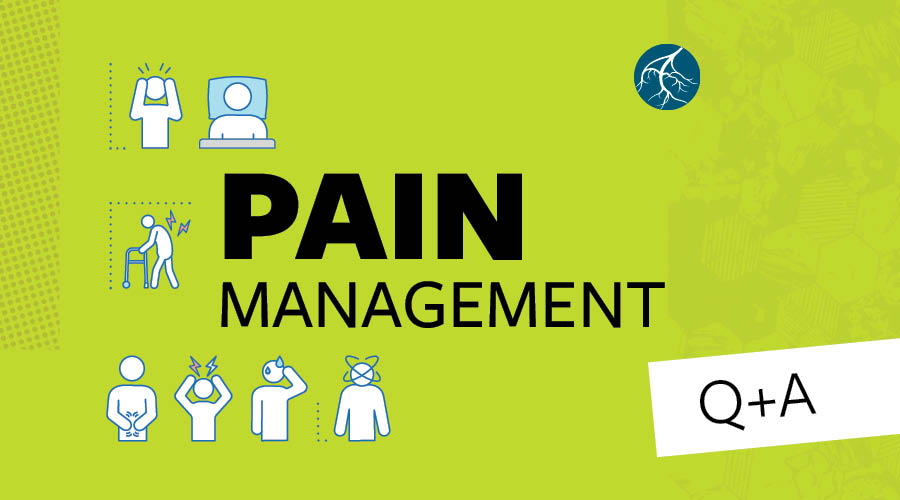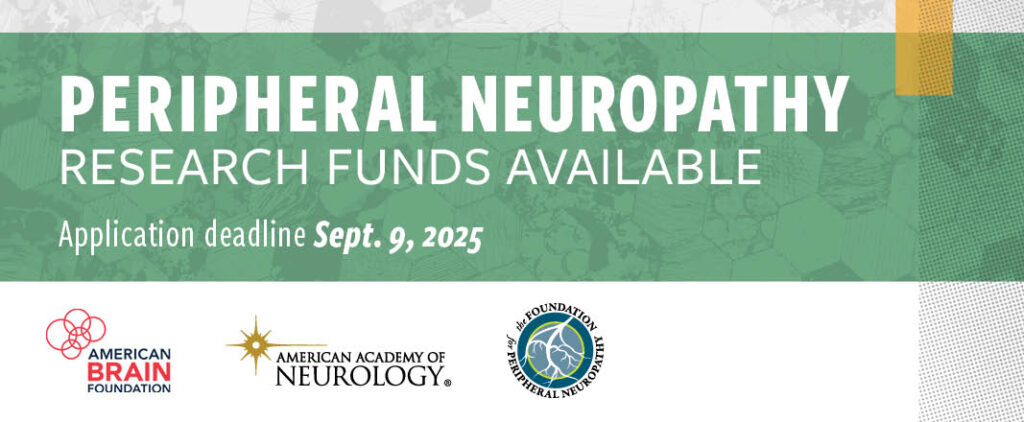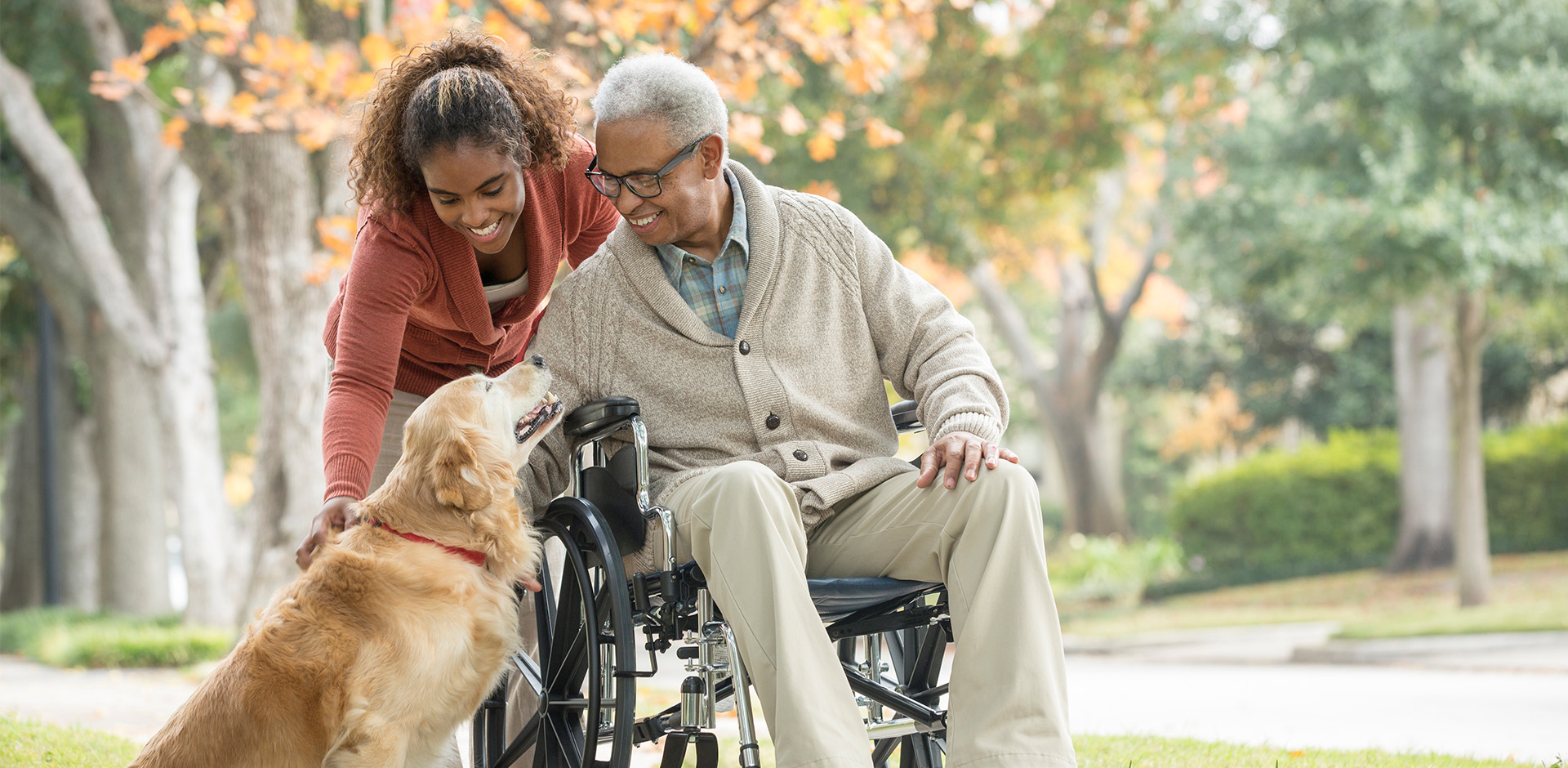Ask the Expert: Popular Questions from PN Patients
Following the Foundation for Peripheral Neuropathy‘s (FPN) recent webinar on current research trends, Lindsay Colbert, FPN’s Executive Director, caught up with the program’s panelists, Dr. Senda Ajroud-Driss, Dr. Ahmet Höke and Dr. Gordon Smith to follow-up on some important questions that the program did not have time to cover.
In this “Ask the Expert” series, FPN explores the answers to many popular questions posed by our patient population who attended the October 20th program.
Ask the Expert:
What can we do to help slow progress of PN? You mentioned a medicine in the future; but in the meantime, what is the best practice to slow progress?
Based on the work that our colleagues have done, exercise is the only thing that we know of. We always tell our patients of the trials that were underway in diabetic and pre-diabetic patients and encourage them to do a combination of aerobic exercise and resistance training.
Is there a connection between PN and other medications, such as medication for epilepsy?
Yes. Some epilepsy medications with many years of use (phenytoin is an example) can cause neuropathy; but these are very rare, and it is unclear how truly they are connected.
Do most cases of “small fiber” usually progress to “large fiber” and loss of balance?
It depends on the etiology. If it starts as small fiber neuropathy (SFN) and is due to pre-diabetes or diabetes, yes eventually most will progress. But with idiopathic PN, some do, but most don’t or if they do, it is after many years later.
Is there any research ongoing to determine if there is a connection between neuropathy and gastroenterological disorders?
If the question is asking whether neuropathy causes GI diseases, yes, it can when the neuropathy affects the autonomic nerves as it often does in diabetes. If the question is other way around and is asking if GI diseases cause neuropathy, the answer is yes but rarely. Autoimmune diseases such as Crohn’s, ulcerative colitis, celiac, etc., can be associated with PN, and some patients with true celiac see improvement in their PN symptoms when they are on a gluten-free diet. But in most cases, the patients don’t see big improvements in their neuropathy even when the underlying GI diseases are appropriately treated.
What research is being done for drug-related neuropathies such as statins?
It is unclear if statins actually cause neuropathy. Statin use is common and neuropathy is common, so most cases claiming connection are likely chance occurrences. For other toxic neuropathies, the best strategy is to develop neuroprotective drugs and in a sense make the nerves “resistant” to the damaging effects of neurotoxic drugs such as cancer chemotherapy. There is a lot of research in this area and we will likely have several drugs advancing to clinical trials in the next two years.
Talking about current and future medications for idiopathic peripheral neuropathy: Is gabapentin still the “standard” for treatment of peripheral neuropathy?
Yes, gabapentin is still one of the most commonly used medications to control symptoms of PN.
What is the status of research on gene therapies?
This is likely many, many years away and will be applied to select, inherited types of neuropathy.
The Foundation for Peripheral Neuropathy thanks these experts for their time and support of its patient population.
Interested in watching the recording of the October 20, 2020 program? Go to the FPN Resource Library and log in with your Premium Membership account, as this program was an exclusive series to FPN’s top donors and Premium Members. Thank you to our generous supporters for making these programs possible!







